Yasmeen El Khoudary, a Palestinian living in Gaza, reflects on the positive events which occurred in the region last month. [Note: This article was written before the recent ongoing conflict in Gaza].
While the world was busy following an election that will probably result in nothing but more negative interventions in our futures, Gaza was immersed in a long week of events and accomplishments.
People usually imagine that living in Gaza, our lives revolve around conflict and our futures are in the hands of whoever is running the Middle East. Little do they know about the unraveled potential in this city, and the magnificent history it sits upon.
That said, what else happens in Gaza and is not covered by the media? It’s the good news. Allow me to share with you a few examples of good news made in Gaza, all in just over a week.
On October 8, 2012, Gaza’s Rehabilitation Center for the Visually Impaired celebrated its golden jubilee. For the past 50 years, this remarkable center has been an asylum of educational and rehabilitation services for visually impaired children, some of whom have grown to become radio anchors, teachers, and trainers. The celebration featured outstanding performances by young, visually impaired children, including professional dabka (Palestinian folklore dance), classical Arabic poetry recital, and several music performances (led by a 60 year old blind lady who plays the oud and sings in English).
Later on the same day, a new fancy restaurant, called Atfaluna Restaurant, held its opening reception near the beach. What makes this news worth mentioning is that the restaurant is run by deaf staff — the managers, chefs, and waiters are all deaf. The restaurant is run by the Atfaluna Society for Deaf Children in Gaza, an outstanding center aiming to improve the quality of life of deaf persons in the Gaza Strip, through education, job training rehabilitation, and social services, which happens to be celebrating its 20th anniversary this year.
Celebrating pink October, breast cancer patients and survivors in Gaza broke a Guinness world record for the longest pink cancer ribbon in the world on October 10. The event was part of an awareness campaign urging women to get early diagnosis to avoid the disease. Although more than 11,000 cancer patients live in Gaza, with cancer being the second cause of death in the Strip, the issue does not receive enough attention.
An active hub for young ICT entrepreneurs, Gaza hosted a Startup Weekend for the second year in a row on October 18, inspiring technological innovation. The event allows anyone to pitch their ideas, receive feedback, and turn their ideas into action with teams of web coders, developers, designers, and young business experts. The atmosphere of this event was unmatchable; more than a hundred young female and male dreamers gathered to turn their start up ideas into reality.
As these young ICT geeks were in action, Professor Noam Chomsky was on his way to Gaza, in a historic visit that lasted for five days. The American linguist and philosopher, is also an avid pro-Palestinian activist with numerous books, articles, and lectures about the cause. Chomsky, who was invited to Gaza by the Islamic University’s English Department, stated, “My initial impression, after a visit of several days, was amazement, not only at the ability to go on with life, but also at the vibrancy and vitality among young people.”
While the mentioned events might have happened in just over a week by chance, it was a refreshing dose of hope and young positive energy. That is not to say that the time was problem-free, as the Israeli army attacked the Strip almost every night during the same eventful period. With a festive event during the day and an Israeli bombing in the night, we were surely kept busy. The “life goes on” notion is quite popular in Gaza. But for how long will we be able to cope with more severe Israeli collective punishment measures, and an ongoing political limbo with no signs of a solution?
Chomsky goes on to say that, “But there too one can detect signs that the pressure may become too hard to bear. Reports indicate that among young men there is simmering frustration, recognition that under the US-Israeli occupation the future holds nothing for them.”
But history has taught us that hope in a better future lies nowhere but in the palm of our hands. In the words of the late Palestinian poet Mahmoud Darwish, “I have hope that comes and goes, but I will never bid it farewell”.
The views expressed in this article are the author's own and do not necessarily reflect Fair Observer’s editorial policy.
Support Fair Observer
We rely on your support for our independence, diversity and quality.
For more than 10 years, Fair Observer has been free, fair and independent. No billionaire owns us, no advertisers control us. We are a reader-supported nonprofit. Unlike many other publications, we keep our content free for readers regardless of where they live or whether they can afford to pay. We have no paywalls and no ads.
In the post-truth era of fake news, echo chambers and filter bubbles, we publish a plurality of perspectives from around the world. Anyone can publish with us, but everyone goes through a rigorous editorial process. So, you get fact-checked, well-reasoned content instead of noise.
We publish 2,500+ voices from 90+ countries. We also conduct education and training programs
on subjects ranging from digital media and journalism to writing and critical thinking. This
doesn’t come cheap. Servers, editors, trainers and web developers cost
money.
Please consider supporting us on a regular basis as a recurring donor or a
sustaining member.
Will you support FO’s journalism?
We rely on your support for our independence, diversity and quality.


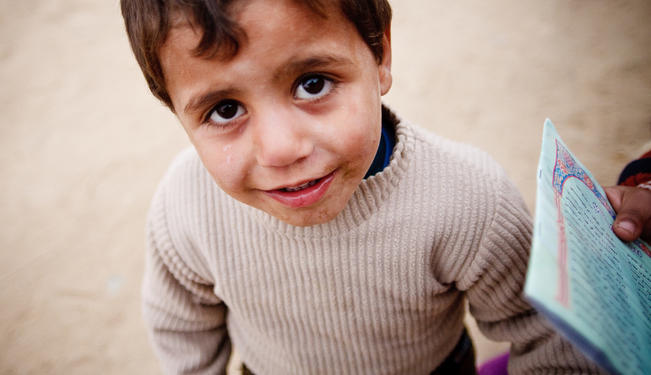
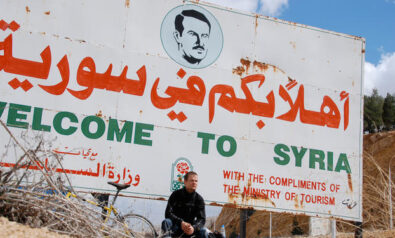
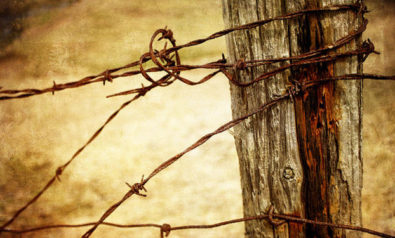

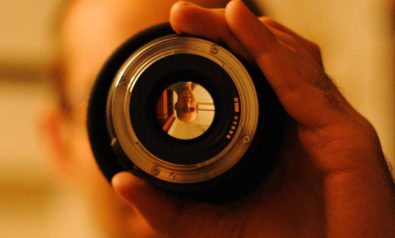

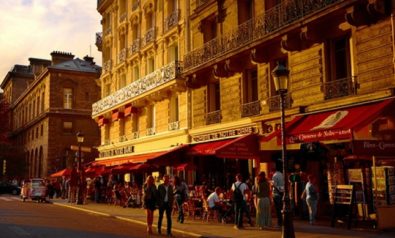

Comment